“Fair trade” and “direct trade” are terms that have been around for a while now, but there’s still confusion about what each really means and how they compare to each other. Both terms are a means of describing the way in which green coffee is purchased by a coffee company.
We're always excited to share upcoming blogs, promotions, updates, etc. We'd love for you to join the Schuil Community to stay up-to-date. It's super easy to join, simply add your email below!
The fair trade movement has its roots in the social justice and anti-colonial movements of the 1960s and 1970s. The idea was to create a trading system that was more equitable for producers in developing countries who were often marginalized by the global economy.
In 1997, the Fairtrade Labeling Organizations International (FLO) was founded to bring together the various fair trade organizations around the world. FLO established a set of international standards for fair trade, including fair wages for workers, safe working conditions, environmental sustainability, and community development. The certification process is rigorous, and involves independent auditing and verification to ensure that the standards are met. Some of our favorite Schuil fair trade coffees include our Fair Trade Nicaragua and Fair Trade Sumatra.
Unlike fair trade, there is no formal certification for a coffee to be considered direct trade. Direct trade refers to coffees that have been purchased directly from a farmer or group of farmers, which often means they receive a greater percentage of the profits since there are fewer intermediaries in the process. Logistically this can be difficult for many coffee companies to facilitate, given the complexities of importing and exporting agricultural products internationally.
While Schuil doesn’t currently buy directly from any farms, the importers we purchase coffee from do have direct and equitable buying relationships with the farms our coffees come from. Our most directly sourced coffee is our Colombia Cauca, where our team has frequently traveled to meet the farmers and cooperatives we purchase from. You can read more about our relationship with coffee farmers in Cauca here.
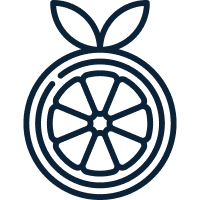 Flavored
Flavored
 Decaf
Decaf
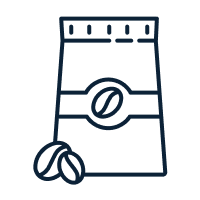 Packets
Packets
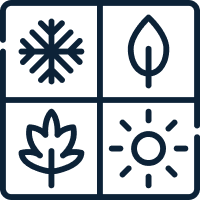 Seasonal Coffees
Seasonal Coffees
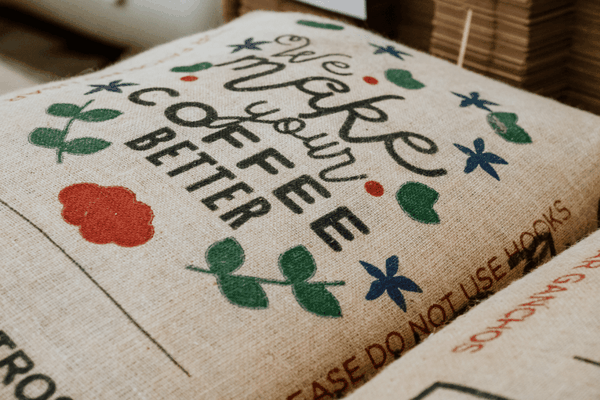

3 comments
Would also love to know is they’re organic and also mold free?
Ditto to the above comment- are any of your coffees organically grown? And what process do you use to create decaf?
Is all or any of your coffees, organically grown?